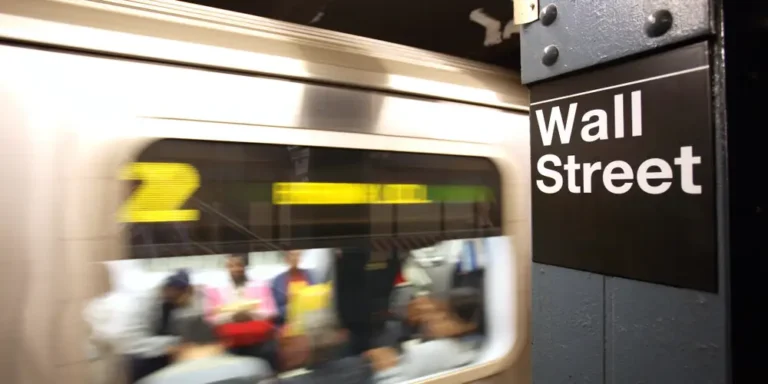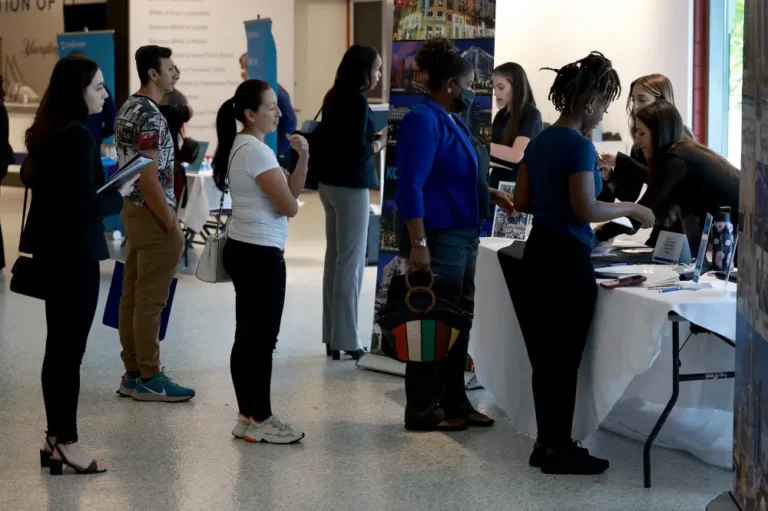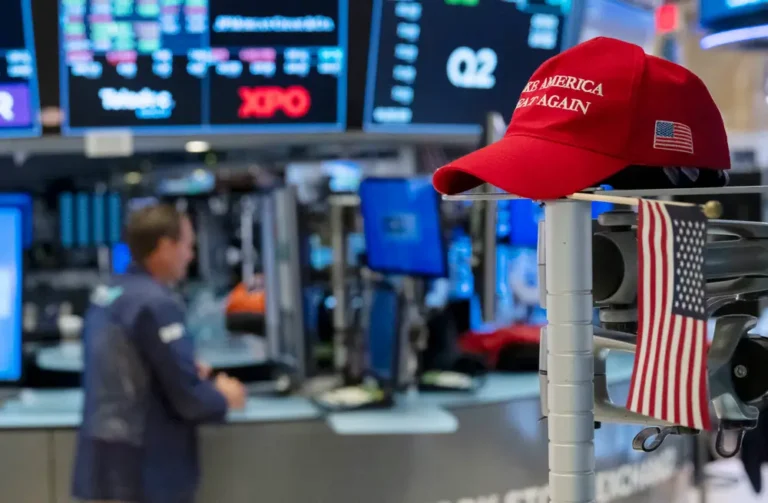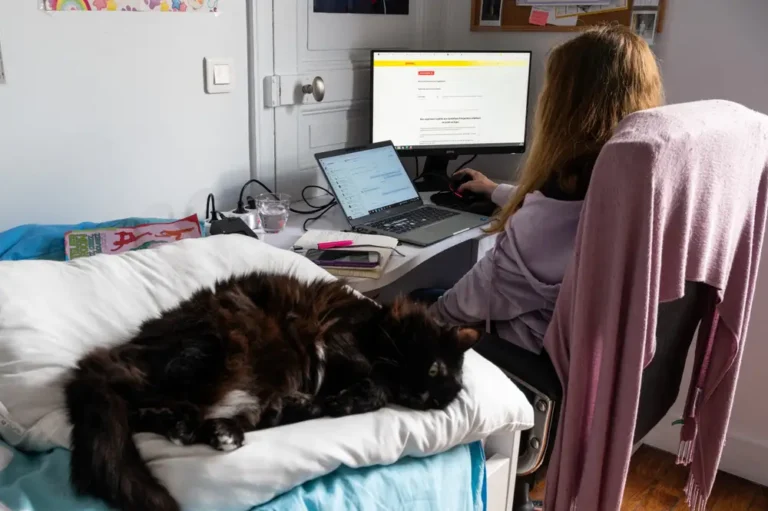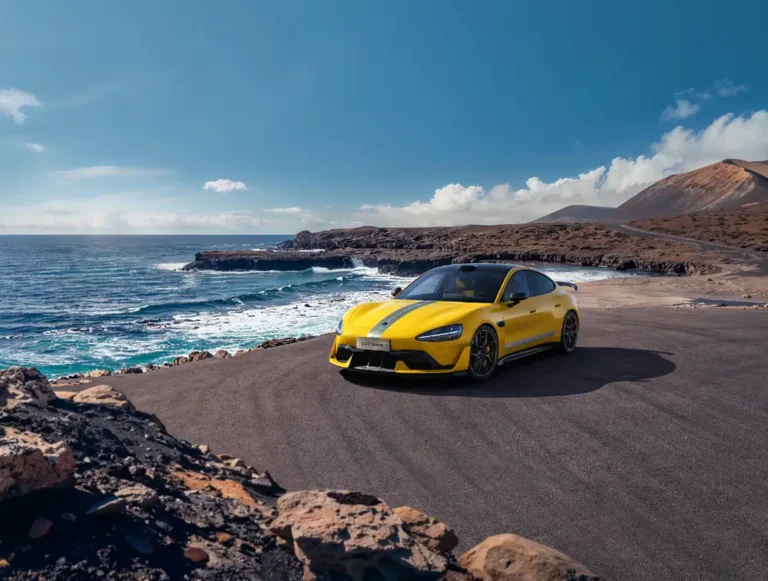Caught by screen-sharing: Lawsuit claims Santa Clara chip titan NVIDIA stole rival’s secrets
Window behind the window was developer’s undoing
Mohammad Moniruzzaman, a software developer, made a big mistake on a video call that led to his criminal conviction and a trade-secrets lawsuit against his former employer, Santa Clara chip giant NVIDIA.
According to Valeo’s lawsuit against NVIDIA, Moniruzzaman joined NVIDIA in 2021, shortly after leaving Germany-based automotive technology company Valeo Schalter und Sensoren.
However, because both companies had contracts with an automotive company, Moniruzzaman and four NVIDIA colleagues found themselves on a collaboration video call with four people from his previous employer, Valeo, in March 2022.
His screen-sharing was about to go horribly wrong.
According to the lawsuit, Valeo has been “a leader of key technology in the automotive industry for a century.” NVIDIA, founded in 1993 and known for gaming and PC computer processors that have helped propel it to a stock market valuation of $1.2 trillion, was described as a “recent entrant to the automotive industry” by the company.
The two firms were hired by an unnamed major automotive company to develop parking-assistance software, despite NVIDIA’s “total lack of experience” with such technology, according to the lawsuit filed in San Jose U.S. District Court.
Moniruzzaman, who worked in Germany and helped build, code, and develop Valeo’s parking and driving assistance software, recognized that his experience “would make him exceedingly valuable to NVIDIA,” according to the lawsuit.
He left Valeo, and it wasn’t until six months later, when he made a mistake during a video call, that Valeo officials began to piece together what he did before leaving.
According to the lawsuit, Moniruzzaman finished a PowerPoint presentation he was giving to the nine other participants during the call by using a screen-sharing function that allowed the others to see his computer screen on theirs. According to the lawsuit, he minimized the presentation window but did not end the screen-sharing. Another window remained on the screen, displaying code from his previous employer Valeo and a file description that read “ValeoDocs,” according to the lawsuit.
“Valeo participants on the videoconference call immediately recognized the source code and took a screenshot before Mr. Moniruzzaman was alerted of his error,” according to the court filing. “By then it was too late to cover his tracks.”
In April 2021, Moniruzzaman copied “the entirety of Valeo’s parking and driving assistance source code from his Valeo computer to a personal computer,” according to the lawsuit.
Tens of thousands of files were included, as well as large amounts of proprietary code and “scores of Valeo Word documents, PowerPoint presentations, PDF files, and Excel spreadsheets explaining various aspects of the technology to further facilitate his understanding of the stolen code,” according to the lawsuit.
According to the lawsuit, Moniruzzaman would later use a USB stick to transfer the stolen files to his NVIDIA-issued computer. “As part of the German criminal investigation, Mr. Moniruzzaman’s NVIDIA computers were seized, and law enforcement confirmed the presence of the stolen source code files and also discovered the teaching and training documentation discussed above,” according to the complaint.
According to the lawsuit, Moniruzzaman was convicted in Germany two months ago for unlawfully acquiring, using, and disclosing Valeo’s trade secrets.
In its lawsuit, Valeo claimed that the stolen data was “shared with other NVIDIA software engineers who have access to and are using Valeo’s trade secrets.”
These insider knowledge “provided NVIDIA and its engineers a shortcut in the development of its first parking-assistance software, and saved NVIDIA millions, perhaps hundreds of millions, of dollars in development costs,” according to the lawsuit. “In using these stolen trade secrets to develop a competing product, NVIDIA has diminished the value of Valeo’s trade secrets to Valeo.”
NVIDIA did not respond to the lawsuit. A letter from a German law firm representing NVIDIA to Valeo’s lawyers in June 2022 stated that Moniruzzaman’s actions “were entirely unknown” to NVIDIA until May 19, 2022. According to a letter filed in court by Valeo, Moniruzzaman called NVIDIA to inform the company that he was under criminal investigation in Germany for alleged copyright infringement and that police had seized his laptop and cell phone.
According to the letter, Moniruzzaman also informed NVIDIA that the “alleged code had been stored only locally on his laptop” and was not accessible to other NVIDIA employees. According to the letter, NVIDIA has “cooperated fully” in its dispute with Valeo.
“NVIDIA,” the e-mail stated, “has no interest in Valeo’s code or its alleged trade secrets.”
Valeo is requesting a court order prohibiting NVIDIA from using Valeo trade secrets, as well as unspecified restitution and damages, a share of NVIDIA’s profits, and millions of dollars to compensate for development costs allegedly saved by allegedly using the secrets.

